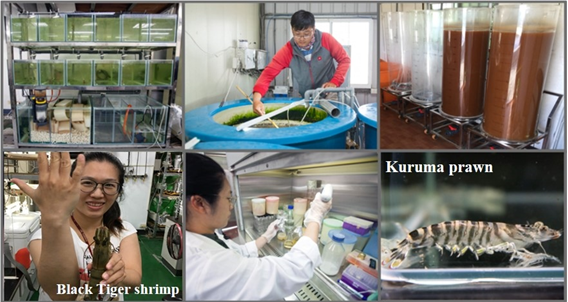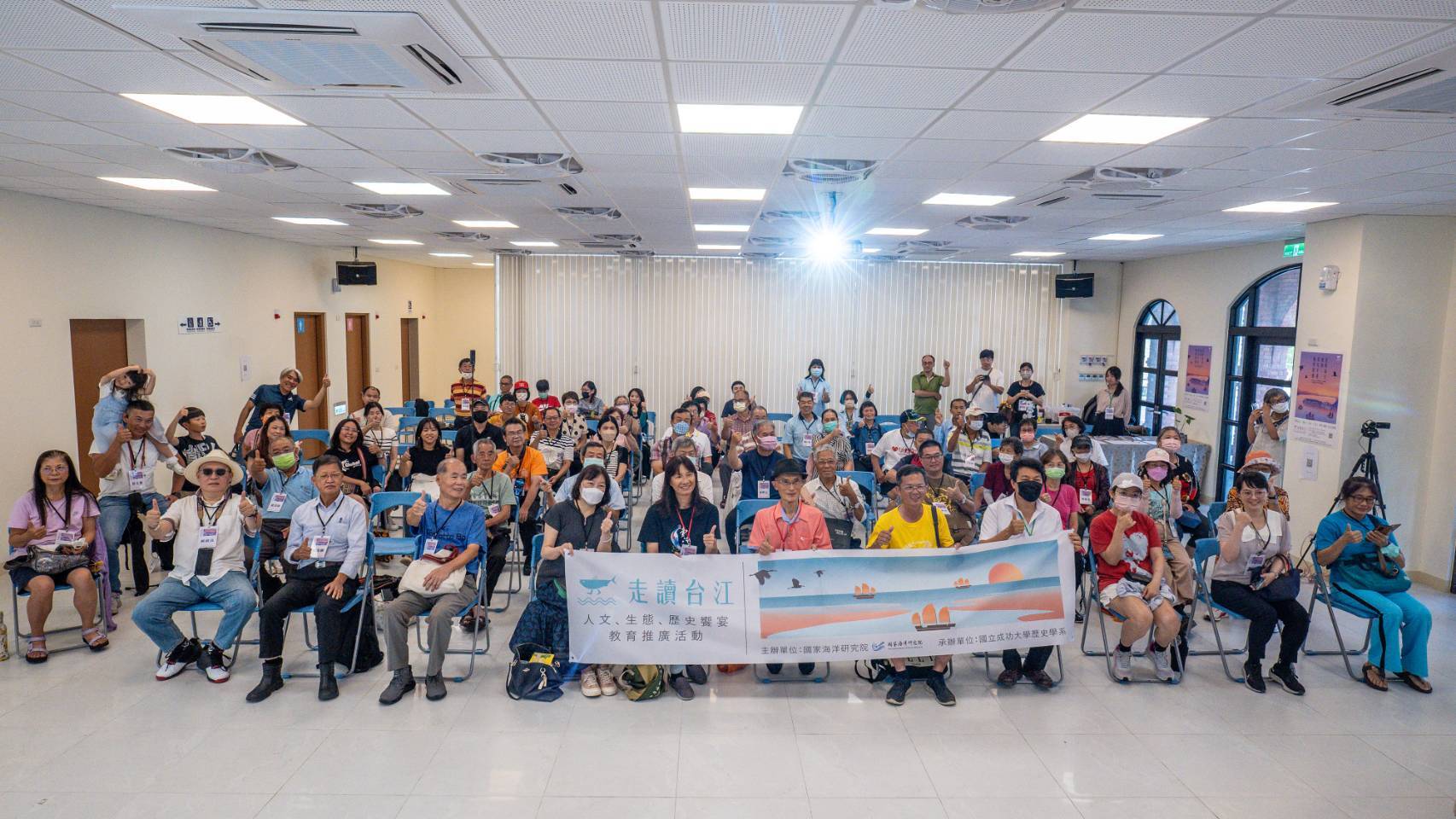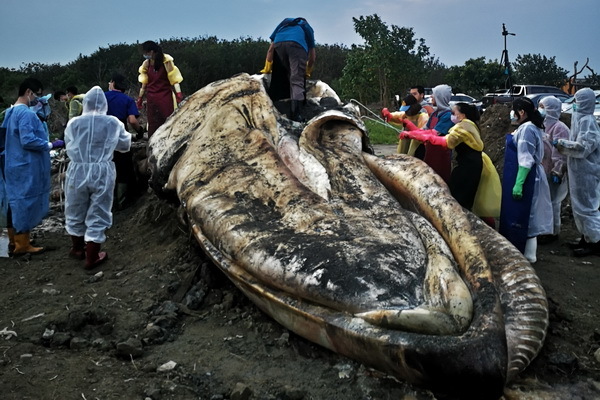Shrimp is one of the high-priced aquaculture products. According to the Food and Agriculture Organization (FAO) statistics, the global shrimp market in 2012 was 40 billion US dollars. The main markets are in Asia, Europe, North America, Central and South America, Africa and Oceania. Asia is the world's largest export region, accounting for 54.8% of the world's total exports in 2009. The top five exporting countries are Thailand, China, Vietnam, India and Indonesia. During 1984-1987, Taiwan’s shrimp farming practice flourished, creating Taiwan’s reputation as a “cultured shrimp kingdom”, mainly in the shrimp farming technology. However, the invasion of various shrimp viruses, drug use and abuse by farmers (disease control drugs, disinfectants, herbicides, insecticides, algae growth agents, hormones and antibiotics) created a negative environmental impact. Severe pollution with various chemicals effectively improved the drug resistance of environmental pathogens and high rate of untreatable infections could be seen among farmers, coastal organisms and aquatic products consumers. The current survival rate of White shrimp is less than 40%, and the survival rate of Kuruma prawn cultures is less than 20%. The annual output of shrimp farming in Taiwan is decreasing year by year. The point is that there is an increased incidence of cancer in humans every year since they are at the top of the food chain and bioaccumulation of several xenochemicals is inevitable. The food safety problem also cannot be ignored. Therefore, we attempted to develop a non-toxic healthy shrimp farming procedure with high survival rate and lower environmental impacts using sea water resources. The entire process is chemical free to ensure consumer safety and the farming procedure is sustainable. Our team has stepped into the aquaculture field with the unique advantages of microalgae/bacteria, emphasizing the concept of ecological balance for Black Tiger shrimp and Kuruma prawn culture. Using a variety of microalgae and probiotics that promote the growth of shrimps as a "health food" for shrimps, a high-quality and sustainable breeding environment was developed for shrimp culture with robust shrimp growth and higher survival rates without any antibiotics/drugs. This goal has also been favored by Silicon Valley Taiwan Angels (SVT Angels) to attract their investments. In addition, our team signed a MOU with OPBIO Factory Co., Ltd. (Okinawa, Japan) and Datuk, Malaysia. The application of microalgae/bacteria in aquaculture technology and its promotion in the international market will increase Taiwan's competitiveness.























